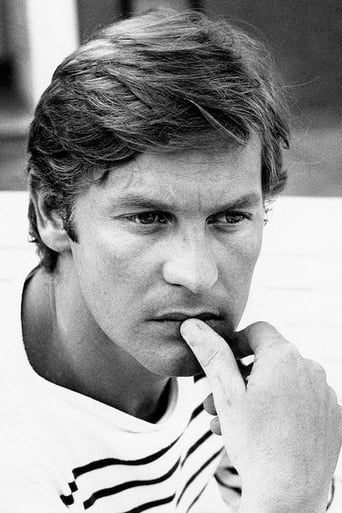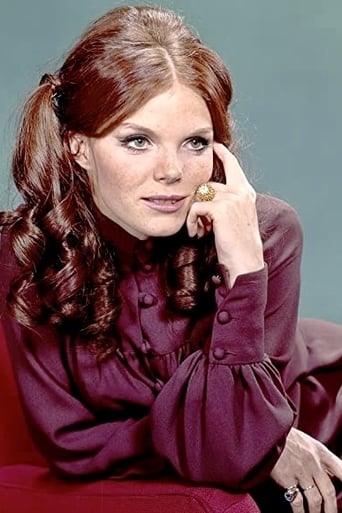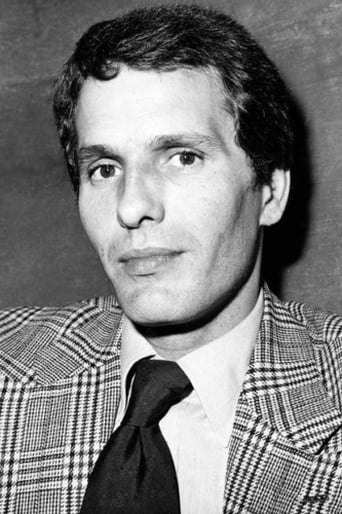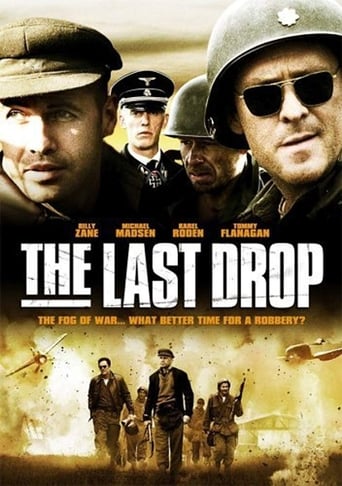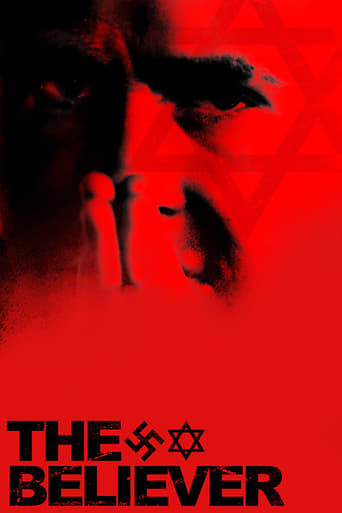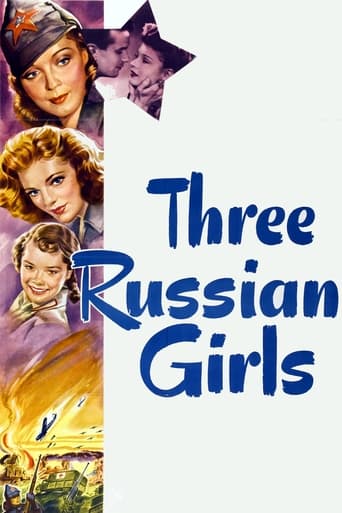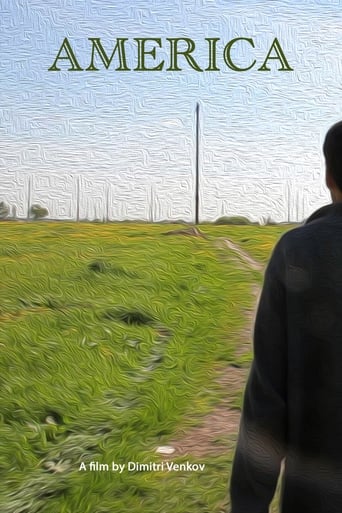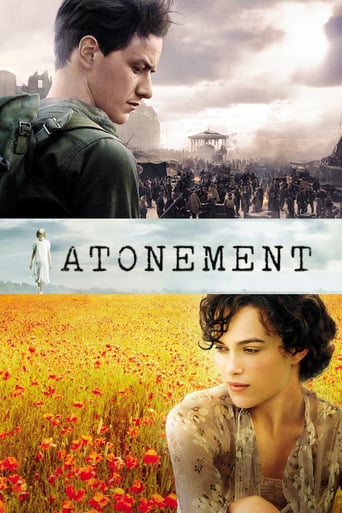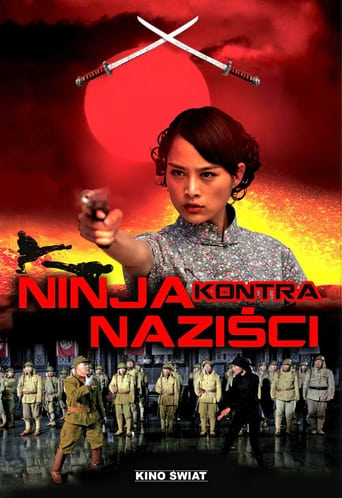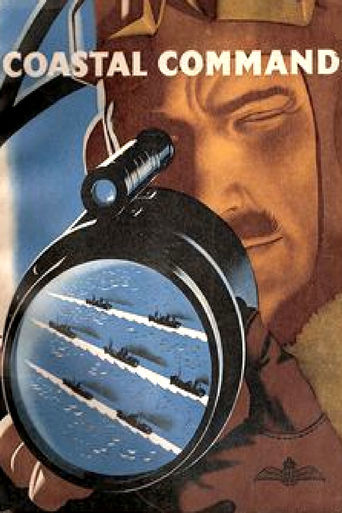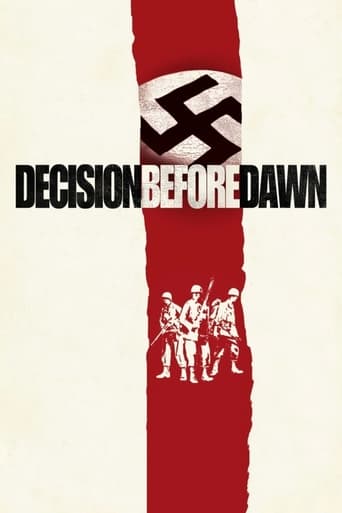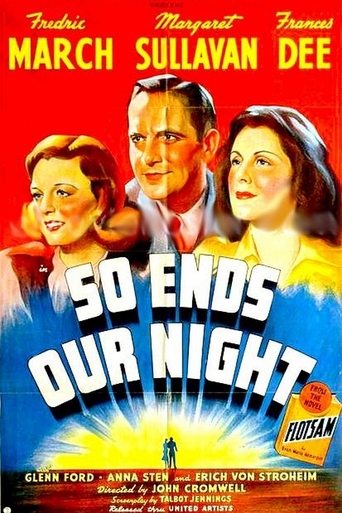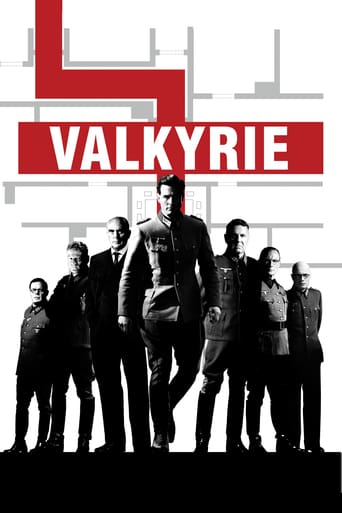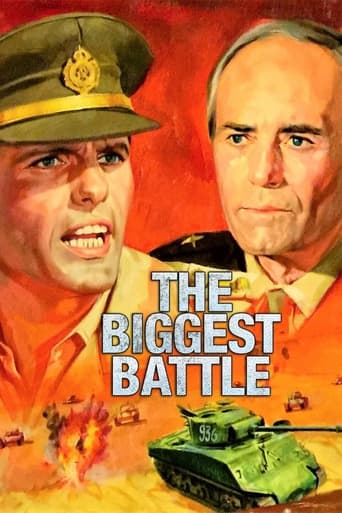
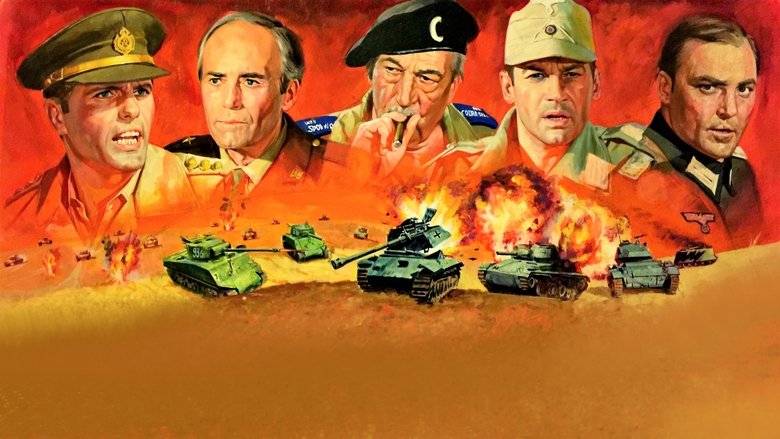
The Biggest Battle (1978)
A story of how World War II affected the lives of a German family and an American family, both of whom had sons and fathers fighting in the war.
Watch Trailer
Cast


Similar titles
Reviews
Set during 1942-43 during the prime years of World War II, Battle Force tells many separate tales, but the main two concern Maj. Mannfred Roland (Keach), a Nazi who has fallen in love with a Jewish actress, Annelise Ackermann (Eggar). The fate of their relationship is in limbo as Roland fights in North Africa and can't be at home in Germany to protect her from the evil Nazis (by comparison, he's a "good" Nazi). The other story tells the tale of Gen. Foster of the U.S. Army (Fonda). His son John (Lovelock) is something of a screw-up who can't please his demanding father. So he follows in his footsteps and enlists in the Army. The whole film is narrated by Orson Welles and features a lot of stock footage of the war. Will this truly be "The Biggest Battle" of them all? When we originally came across the Continental big-box VHS of this movie, how could we resist it: it's called Battle Force, and the tagline screams "THE MOST AWESOME BATTLE EVER SEEN!" Plus look at the cast. It's insane. And we didn't even have room to mention Orson Welles as the Narrator . How could it lose, right? Well...it's not that this movie is bad, really, but it's extremely stodgy and old-fashioned. It seems like the type of Sunday afternoon programmer your grandparents might watch to while away a rainy day. Yes, there is some war action, including some shooting and explosions (giving credit where credit is due, they're some quality blow-ups), but somehow it's not really enough. There are way too many cooks in this broth. There's a ridiculous amount of characters, plus the stock footage and narration, and the result is pretty much a jumble. Which, unfortunately, is not terribly engaging to the audience.We generally love Umberto Lenzi. We think he's great, but his war movie output (that we've seen, anyway) doesn't seem to rival his poliziotteschi work like Violent Protection (1976) or his classic exploitation horror stuff like Cannibal Ferox (1981), Eaten Alive (1980) or Nightmare City (1980) - not to mention his excellent giallo period of the 1970's. I wonder what Henry Fonda would think if he knew he was working under the demented genius who created the above titles? Regardless, a direct parallel can be made here: just as the equally-staid WWII drama The Second Victory (1987) is put out by AIP, who is normally known for much wilder and more entertaining fare, so is the case here with the rest of Umberto Lenzi's work. Why both AIP and Lenzi decided to "go boring" for their WWII jaunts is an interesting coincidence indeed.The movie is well-directed by Lenzi, and it is ambitious and expansive, but there's no humor whatsoever, and it all comes off as flat and uninvolving. It's all well and good to play "spot the star" but that's not really a coherent way to make a movie. Perhaps sensing this, we must quote the writer of the back of the VHS box. At the very end of a multi-paragraph description, the final pitch to rent or buy this movie to a potential buyer or renter is this: "Fans of tank warfare will appreciate the large numbers of tanks and other armored vehicles employed in the well-choreographed battle sequences. The military hardware in the film is quite elaborate, including a "Big Bertha" railroad gun." And that's it. That's the capper. It seems this movie would be the perfect Christmas gift to that member of your family who inevitably is a "fan of tank warfare". And just the words "Big Bertha" are enough to pique our interest.In the end, it seems only die-hard fans of any of the personalities involved with this project would get much out of Battle Force.For more action insanity, please visit: www.comeuppancereviews.com
I'm not a fan of war films to say the least and if I'm going to sit down and watch one, there generally has to be a real good reason for doing so. Despite the fact that Battle Force is a largely unknown and inconsequential war film from the late seventies; I actually did have several good reasons for seeing it. Anything directed by Umberto Lenzi is automatically worth watching considering all the great cult films he has delivered; from some of the best Giallo's to the very best of the Polizi genre, and adding to that is absolutely mouth-watering cast. However, in spite of those things; this is still a highly disappointing and really rather rubbish movie. The plot is rather confusing and doesn't make much sense and mainly focuses on two families of different nationalities during World War Two. However, we also focus on the actual war itself and various battles that the characters are involved in and this all gets mingled in with the stories of the families...The main problem with this film is that it tries to do too much and the one hundred minute running time is simply not long enough for it to do it all in (although I am thankful that the film didn't last for longer!). I don't really know how credible Umberto Lenzi was as a director in 1978 (probably more credible than he was in the eighties), but somehow he has managed to get his hands on a magnificent cast chequered with stars - and not just cult stars! Big names such as John Huston, Henry Fonda and Orson Welles have roles alongside cult stars such as Ray Lovelock, Samantha Eggar, Evelyn Stewart, Stacy Keach, Helmut Berger and Edwige Fenech (who really doesn't appear for long enough). This cast is all well and good but unfortunately it's wasted. The plot lacks any sort of direction and the film might actually have been better as an anthology style movie with a few different but focused stories. The war scenes look extremely cheap (the budget was probably spent on paying stars' wages) and that also brings the film down, although there is plenty of action. Overall, this did actually have the potential to be a masterpiece; but to say the least, it isn't! Recommended for its cult value only.
Italian producers Mino Loy and Luciano Martino shelled out a generous budget for this 1978 war epic commonly known as 'The Greatest Battle' but also stamped with alternative titles like 'Battle Force' and 'The Battle of the Mareth Line.' The film is an ambitious project that was clearly made for theaters worldwide, using higher-shelf locations, production values, and cast. Several crew members even used American aliases (including Martino as 'Louis Martin') to hide their unflattering résumés.'The Greatest Battle' was foolishly dropped into the hands of Umberto Lenzi, who co-produced, co-wrote, and directed this film under the pseudonym 'Humphrey Longan.' The Italian was no stranger to war movies, having drawn notice with 'Desert Commandos' and 'Battle of the Commandos' during the 1960s. By the late 70s, however, Lenzi's reputation was in decline after turning out a series of increasingly violent gialli and repugnant horror flicks. This production was a golden opportunity for Lenzi to revive his career, but he continued to ignore the most basic fundamentals of his craft and only widened his status as an exploitation hack.It is difficult to explain how 'The Greatest Battle' goes wrong because it fails on so many levels. The film models itself after box office smashes of its era like 'Midway' and 'Patton,' which integrate large-scale action with humanistic story lines. Unfortunately, 'The Greatest Battle' falls victim to bad writing, awful direction, and shod technical work. Lenzi's script, co-written by Cesare Frugoni, is a muddled effort to link friendships at the 1936 Olympic Games in Berlin with military happenings in North Africa during 1942 and '43. The concept had potential with such a talented cast and large budget, but it is all poorly executed, as if the filmmakers weren't sure of how to develop their ideas. To make matters worse, the vast action scenes filling most of The Greatest Battle's running time have a cheap look that spoils their effectiveness.'The Greatest Battle' starts just after the 1936 Olympic Games, when four internationally-linked people share a farewell dinner: U.S. Army general Foster (Henry Fonda), German major Mannfred Roland (Stacy Keach), British war correspondent Sean O'Hara (John Huston), and German, half-Jewish actress Annelise Ackermann (Samantha Eggar). Their conversation moves to the possibility of war in Europe, which they find unlikely. Little do they know, however, that Germany would invade Poland in 1939 and cause a series of events to forever interconnect them at the Mareth Line, a fortification system in Tunisia where the allied forces launched their offensive.Most of the film consists of allied battlefield efforts against Germany, with the main characters followed intermittently and Orson Welles supplying narration. Lenzi's obsession with action footage leads to an entire cast being wasted. The main characters give this film a human element, but they are only superficial glue to justify the carnage that follows. Henry Fonda spends most of his time sitting in a West Point office while donning his army uniform. Ray Lovelock, who gives a decent performance as General Foster's son, is heroic in battle and quickly becomes an aide to General Patton. John Huston brushes with the front lines as an over-the-hill war correspondent and recites a poem by John Donne. Stacy Keach leads his men reluctantly until he dies in combat. Samantha Eggar, who becomes Keach's wife, is pressed for information by the Gestapo and commits suicide. Helmut Berger enters the film as a devoted German lieutenant, besides Giuliano Gemma as a British army captain. Other names in the European film industry pop up, such as Edwige Fenech, Ida Galli, and Venantino Venantini. However, most of these subplots have no flow or rhythm, as if they were randomly stuffed into the main plot of North African battles.Better moments are in the action scenes, populated by tanks, jeeps, heavy artillery, and soldiers. These scenes (filmed in Spain) move quickly and use eye-opening sequences like German tanks chasing after British support vehicles and extreme close-ups of allied tanks plowing through enemy lines. Very little of the footage is stock, which Lenzi is known to use, and it maintains a frenetic pace. But even the action scenes have a cheap feel, since they are horrendously edited (by exploitation woodchopper Eugenio Alabiso) and sneak in plastic models running over miniature landscapes. Moving vehicles are seen jumping into freeze-frame before an explosion. Extras are seen bailing out twice during a given battle and angles seem to change indiscriminately, leaving the viewer unsure of which army he's looking at. While the action scenes have their strong points, there are other times when it's all a complete mess.Cinematographer Federico Zanni's visuals are decent, capturing a hot, gritty atmosphere. The score - paper-thin takes by Franco Micalizzi (as 'Frank Michaels') - is generic and not particularly impressive. Sound quality is poor and the dubbing of voices is often incoherent. Overall, 'The Greatest Battle' is a rotten entry that never comes close to its goal. It is little more than 'another' European war production with several qualified actors dragged along for the ride.Copies of 'The Greatest Battle' are hard to locate. A DVD with restored footage and widescreen presentation has been released in Germany, but it does not contain an English language option. English language tapes occasionally circulate on the Internet, including several that have been edited to pieces by U.S. distributors. The version used for this review was a 1997 VHS cassette from HBO Home Video, considered one of the 'better' editions despite its terrible pan and scan format. If anything, 'The Greatest Battle' would be nice to watch on the big screen, as certain footage doesn't present itself well on a television set. But I don't expect a 'Lenzi Festival' anytime soon, at least not in New York.* out of 4
For a low-budget movie set during World War II, it does have a rough and violent edge. Above all, BATTLE FORCE surrenders to a non-existent plot and storyline that's been duped hundreds of times repeatedly. Don't expect much here as there's no specific meaning. Explosions and body counts are nothing new! Adding to the troop casulty count is of Orson Welles' annoying and interrupting narration, making it feel like a made-for-television documentary. War movies are instant classics in the grade "A" Hollywood circuit, and SAVING PRIVATE RYAN triumphs realism today. Despite a fairly good replica of those WW2 days, BATTLE FORCE is another run-of-the-mill production without enough substance. Anyone who grew up watching Hollywood war dramas in their lifetimes probably avoided this one while history was made.


